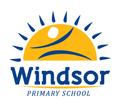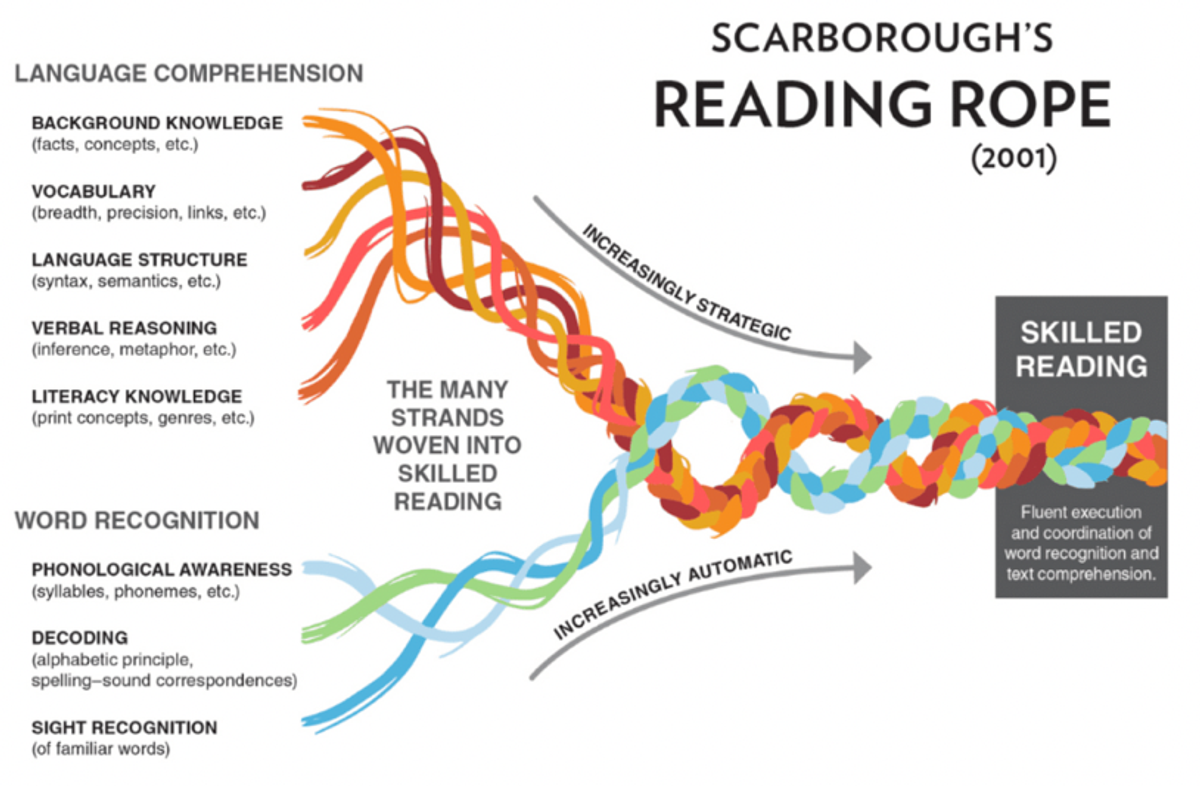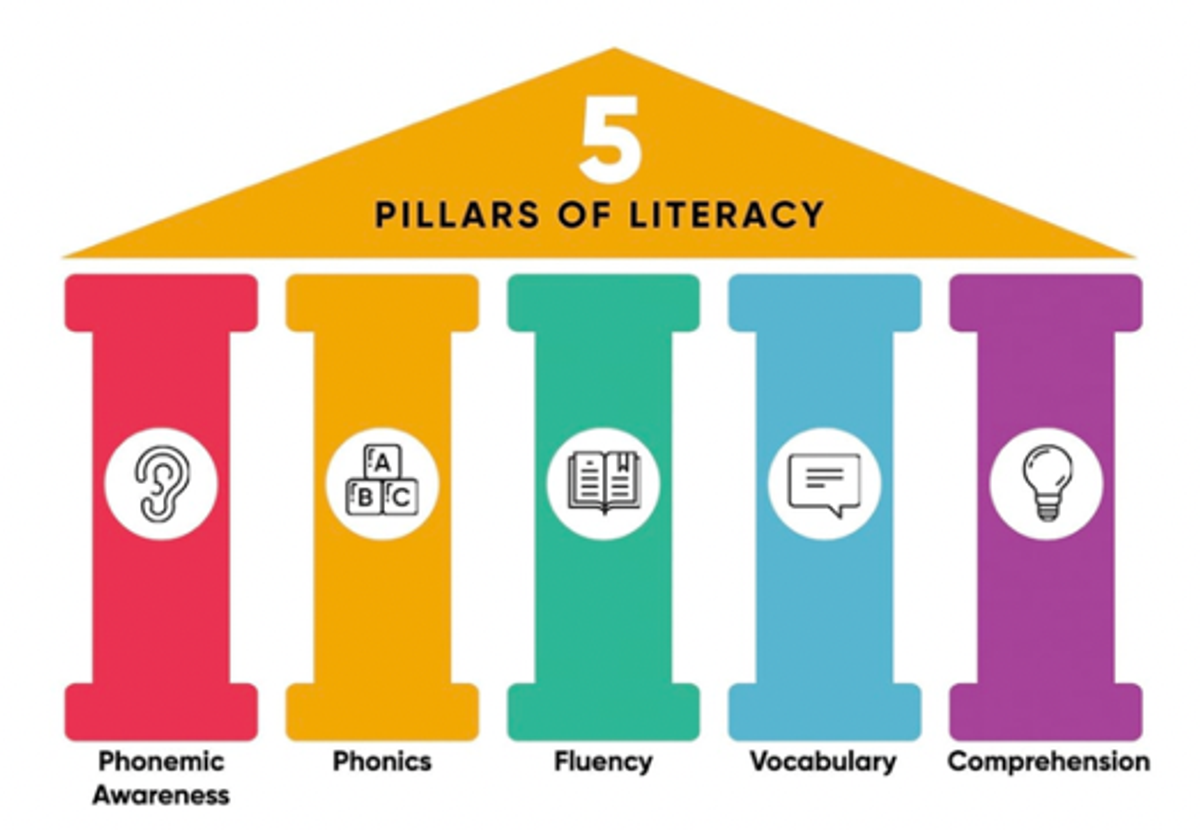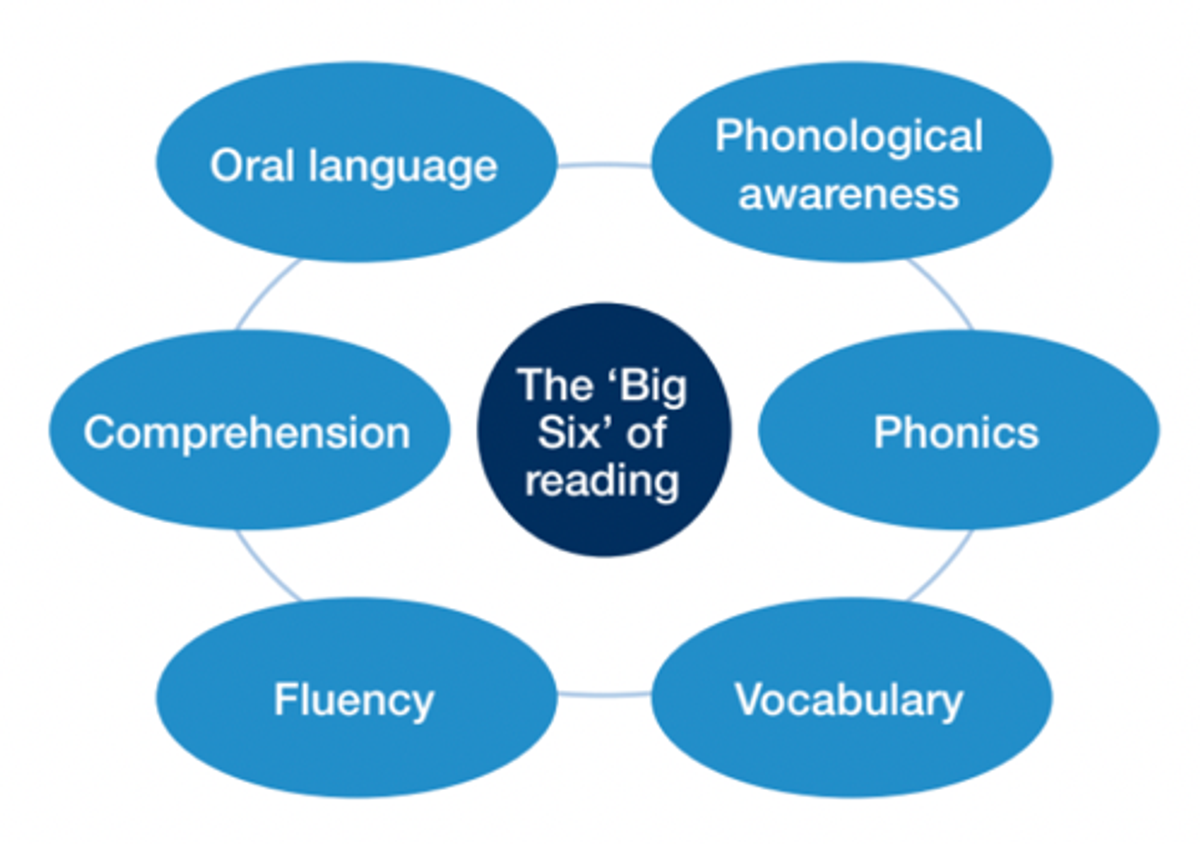Curriculum

LITERACY NEWS
There has been much in the news recently regarding the importance of explicitly and systematically teaching phonics to children. We are very proud of our literacy program at Windsor PS with its strong emphasis on phonics and decoding in the early years.
This year, teaching staff have undergone weekly professional development on how to deliver a range of effective, evidence-based reading instructional methods, including synthetic phonics instruction.
Scarborough’s Reading Rope highlights the many skills besides phonics and word recognition, needed to become a fluent reader. Teachers at Windsor ensure that all aspects of the ‘rope’ are explicitly taught and revised throughout your child’s primary school journey.
There is no one aspect of the teaching of reading more important than the next, however, there is strong scientific evidence to tell us about the methods in which the Five (six if you add the important Oral Language component) Pillars of Literacy development and understanding should be delivered and taught to children.
We will continue to proudly deliver a high-quality, best practice, reading program at Windsor that encompasses a range of foundational reading skills.
MATHS FOR THE SCHOOL HOLIDAYS
Here's some holiday maths activities that your kids will love:
When your kids are on holidays, they don't want to sit down and revise their maths problems. They want to run around and have fun while it lasts!
- Choose a new adventure and incorporate maths.
When it's holiday time, there is so many things you can explore with your kids, whether it involves going away on holidays or staying home with the kids. As with all activities, you can find ways to weave in maths (or English, or any other subject) into the activity. For example, if you are playing a game of basketball, ask your kids to write up the scores, find the average score, multiply the goals, and so on.
- Create your own word problems.
Find any object around the house. You can grab a stack of playing cards, toys, utensils, or pieces of fruit. If you don't have anything handy around the home, make a trip to the grocery store and add in a maths question at the checkout e.g. "If I paid $7 at the checkout and the apples cost $5.50, how much change should I get?"
When you have your items, create a maths question. For example, "If you have 7 apples and Alice ate 4 of them, how many do you have left?"
Your older children may enjoy working through word problems with their younger siblings, or you can give your kids the job of creating the word problems together. One child can create the word problem, you can check it, and they can ask the other child to answer correctly. This activity makes word problems fun, and it reinforces previously mastered maths skills.
- Plan a road trip
Get out the map. How far will you travel and how long will it take? What about if you make any stops along the way? How much will it cost to visit places at your destination?
- The Royal Melbourne Show
Look at how much a trip to the show would cost including travel, show bags, food etc.
- Roll some dice or flip a coin.
Talk about the chances of rolling a certain number or landing on a head or a tail. Make an estimate/prediction and then test your theory. Were your results the same as your estimate?



